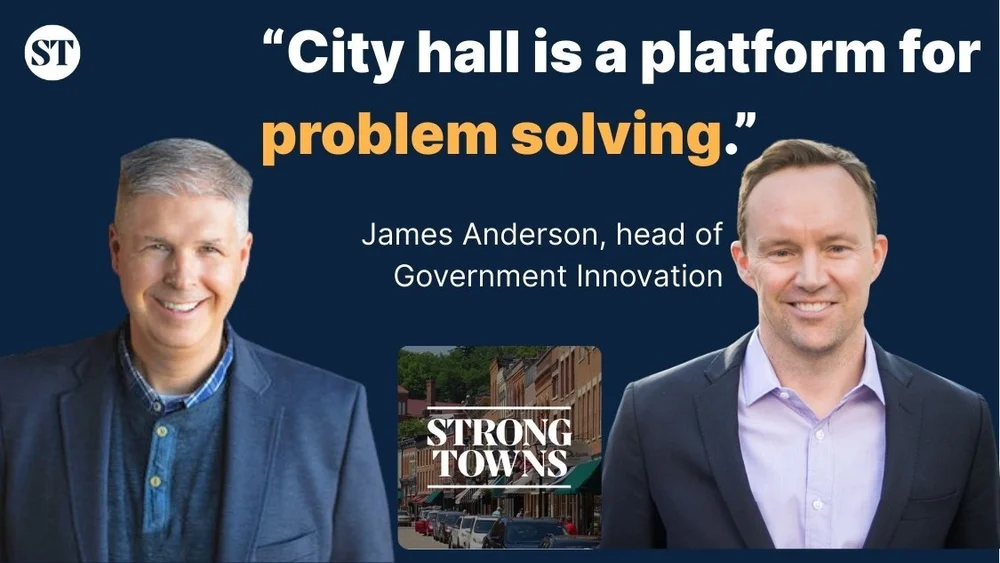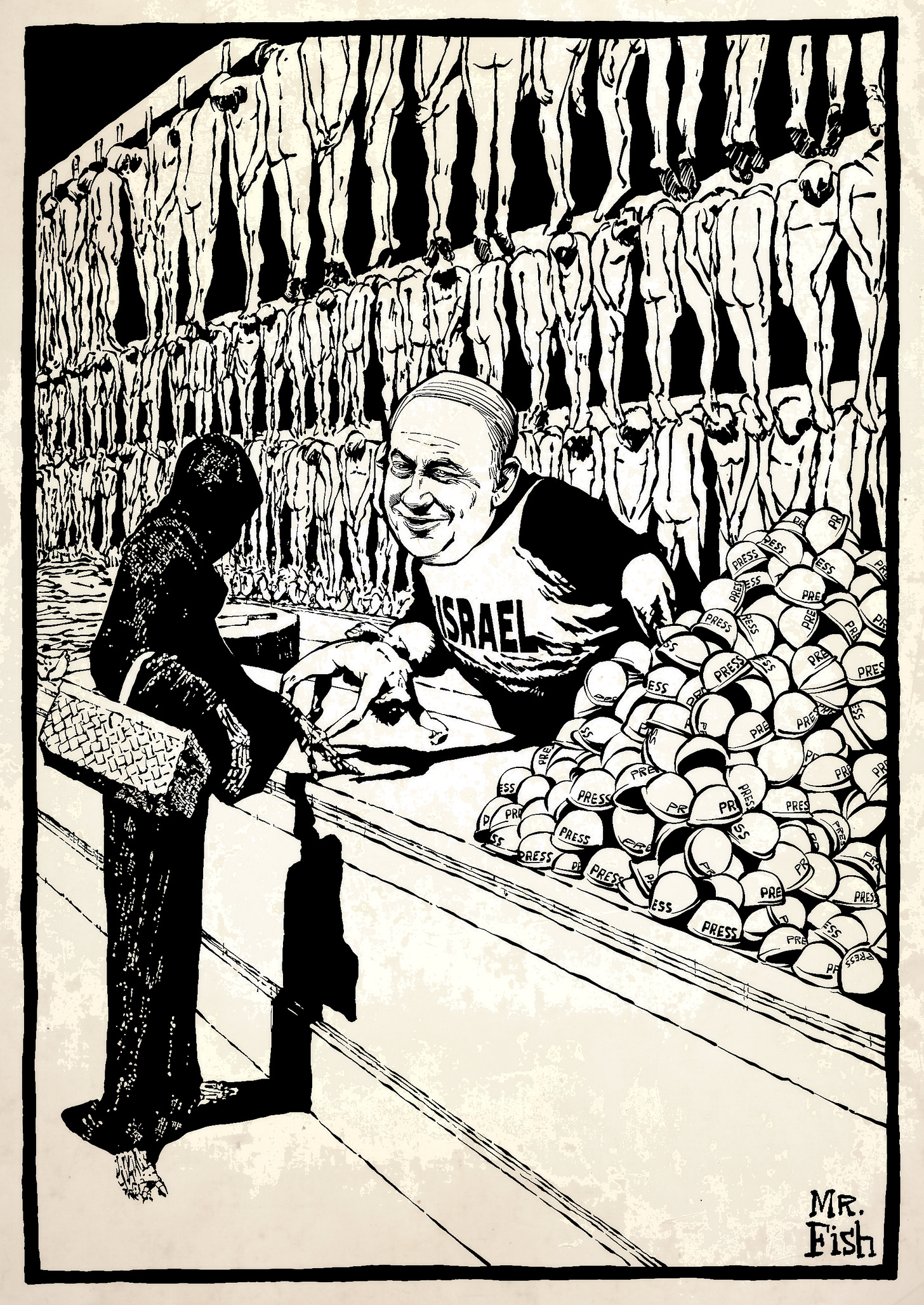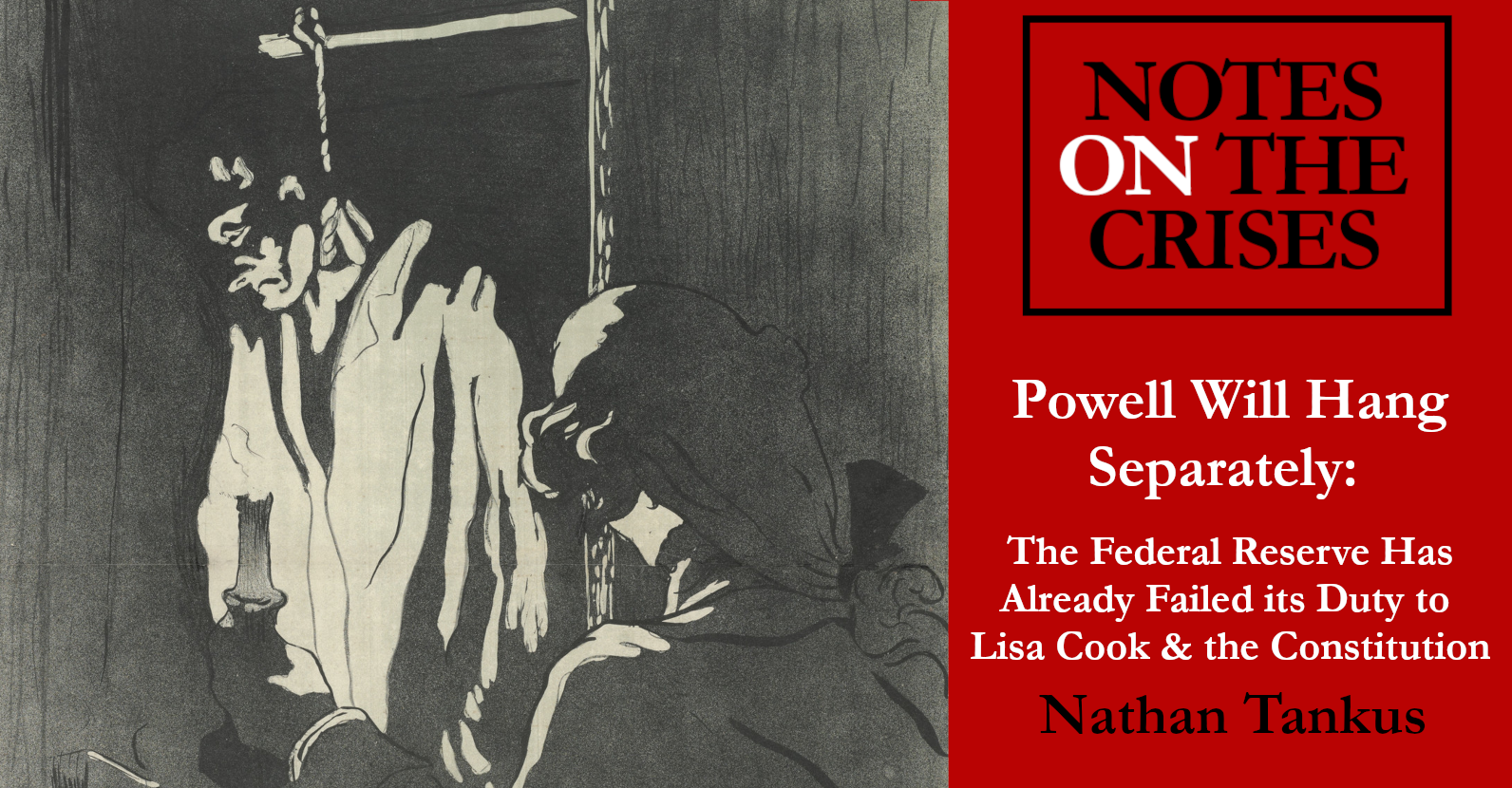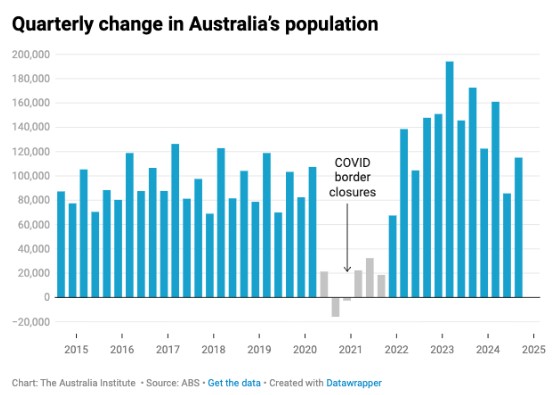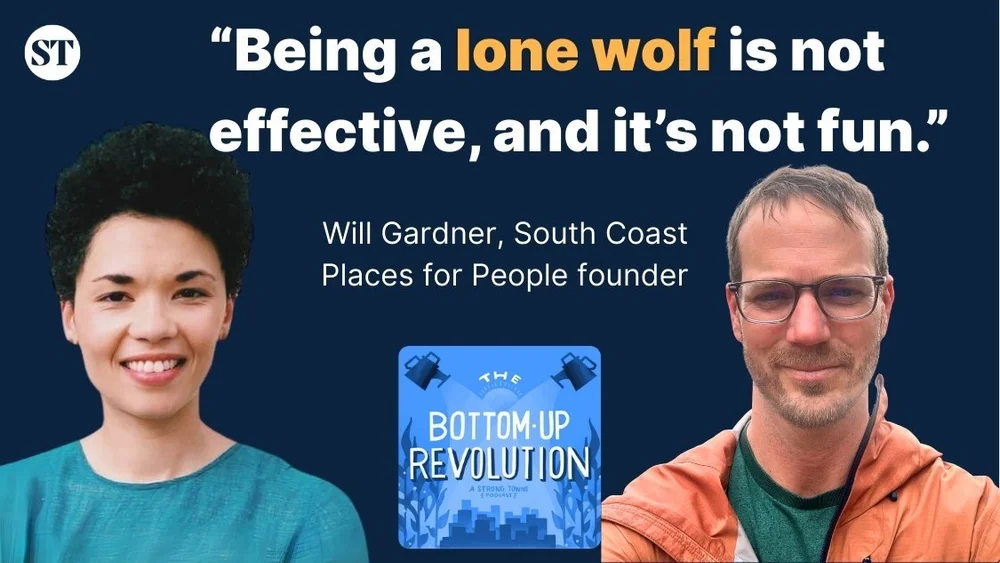What makes Modern Monetary Theory different? Jim Byrne It is the methodological approach that makes Modern Monetary Theory (MMT) different. It is this approach that…
The post What makes Modern Monetary Theory different? first appeared on Economic Reform Australia.
